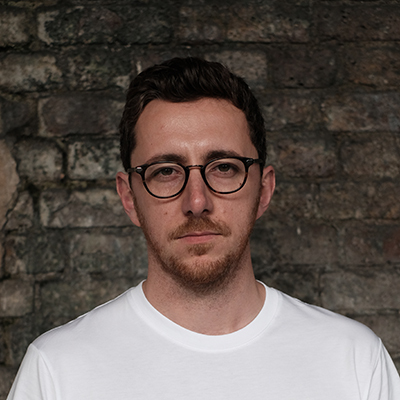It’s that time again. The clocks have gone back and many of us are reaching for the SAD lamps, vitamin D supplements and carb-heavy one-pots to get us through the long, dark nights of winter. But maybe there’s another way to approach the change of season.
What if we embrace the darkness? At the right times and in the right quantities, darkness helps our bodies rest and heal, optimises our cognition and mental health, and lowers our risks of various illnesses.
That’s because our circadian rhythms, or body clocks, are triggered not just by light, but also the lack of it. “To optimise your sleep you want to keep it as dark as possible with as few distractions as possible,” says Prof Victoria Revell, who researches circadian physiology at the Surrey Sleep Research Centre.
“We know there are health implications to having constantly interrupted sleep. It’s associated with things like cardiovascular disease, type 2 diabetes and increased cancer risk.”
In 2022, researchers at Northwestern University found that exposure to even moderate light during sleep can harm your cardiovascular function (the light stimulates the sympathetic nervous system, elevating your heart rate and creating insulin resistance in the morning).
Another study at Harvard University found that blood sugar levels increase when you’re exposed to light at night. Artificial sources of blue light, such as smartphones and similar devices, are thought to have the same stimulating effect on our bodies as daylight.
The research into this isn’t conclusive yet, but one study in 2017 saw researchers from the University of Colorado Boulder take a group of volunteers camping, away from city lights and without smartphones or torches. Campfire was the only additional light permitted.
The study found that the camping trip ‘reset’ the volunteers’ body clocks, with people sleeping and waking in time with their circadian rhythms. Like many animals, humans’ natural sleep-wake cycle evolved in sync with the pattern of day and night.
And just as morning light stimulates alertness, and supports immune function and mental health, the body also responds to the dark. (For example, melatonin aka the Dracula hormone) is produced by the pineal gland in direct response to darkness.
In the Colorado study, the campers began to produce melatonin two hours earlier. “Melatonin is associated with opening the ‘sleep gate’,” says Revell. “It begins the process of winding down and getting ready for sleep.” It’s also the subject of research into a range of health conditions.
The picture is incomplete, but higher levels of melatonin are associated with a lower risk of heart disease and certain cancers. If we’re suffering from darkness deficiency, switching to a permanent dark mode isn’t the answer, either.
Research shows that night-shift workers and others confined to darkness have a higher risk of diseases including diabetes, heart disease and obesity. In short, we need both light and dark, and we need them at the right times.
Some researchers suggest that the solution is a kind of ‘paleo lighting’, living like our ancestors by maximising daylight in the day and keeping things dark at night. As the nights draw in, how’s that for a light bulb moment?
Read more:
